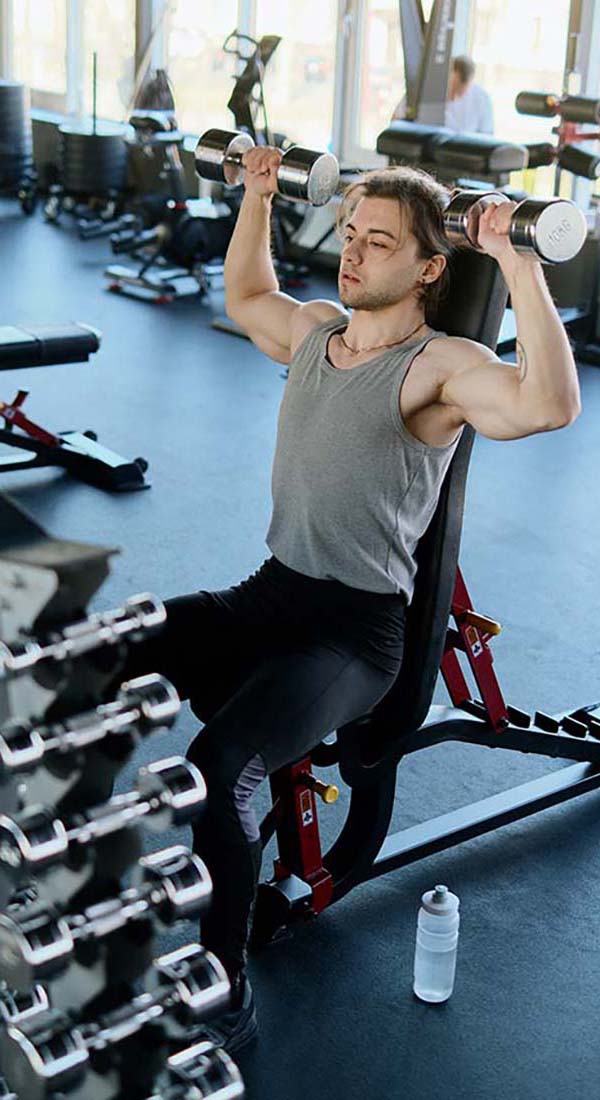


In the last several years, adaptogens have become increasingly popular for athletes looking for a natural way to improve their fitness and overall health. Adaptogenic herbs have been used in traditional Eastern medicine for centuries but their use is now becoming more widespread within the athletic community due to their noticeable results. In this article, we’ll explore what these natural herbs do and how they can help athletes in their journeys to achieve more.

The word “Adaptogens” refers to a specific group of plants that contain certain compounds which help the body resist physical and mental stressors. They work on a number of significant pathways in the stress response. First, they exert a protective effect on the secretion of adrenaline and cortisol, stress hormones which help the body marshal energy resources to resist stressful conditions such as heat or cold exposure, or to respond to intense physical exercise.
But these hormones can also “waste” valuable energy resources, if the response is exaggerated, and disrupt the body’s ability to access energy. Adaptogens help mitigate this initial stress response, conserving energy for resistance and adaptation. They also minimize cortisol’s interference with insulin, a hormone which helps maintain cellular uptake and utilization of glucose. Adaptogens help the cells maintain a proper sensitivity to the action of insulin so that even under prolonged physical or mental stress, the cells are able to access glucose and convert it to energy.

However, incorporating adaptogenic herbs into your diet can provide extra support for maintaining a healthy immune system. Eleuthero (Siberian Ginseng) has been shown to be effective against respiratory infections caused by viruses, including influenza.
Adaptogens like Rhodiola Rosea have been shown to help reduce stress in people who have mild to moderate depression symptoms.

As any athlete knows, recovery times during training are one of the most important aspects of seeing faster gains and improved fitness. The concept is simple; the more we can train in a safe and controlled manner without injuring ourselves, the better results we will see in the end.
This is where the power of Adaptogens plays an important role in benefiting athletes from all ranges of sports in seeing the best results. The implementation of adaptogens in sports is on the rise as more and more athletes see the difference between those who use these naturally derived substances and those who don’t.
But how exactly do adaptogens make a difference in an athlete’s training regimen? Let’s take a look. As mentioned before, proper recovery is extremely important and is an important foundation for any training program because of its aid in keeping the body injury free. Adaptogens play an important role in this by their natural antioxidant properties that can aid the recovery process by addressing inflammation and muscle stress.
By aiding the repair process of the body, the recovery process may be reduced in comparison with someone who is not taking adaptogens during their training periods.
It’s important to note that while adaptogens offer potential benefits for athletes, individual responses may vary and more research is needed to fully understand their effects on athletic performance. Athletes should consult with healthcare professionals or sports nutritionists before incorporating adaptogens into their training regimens to ensure safety and efficacy.
ENERGY* IMMUNE SUPPORT*
STRESS PROTECTION* ENDURANCE*